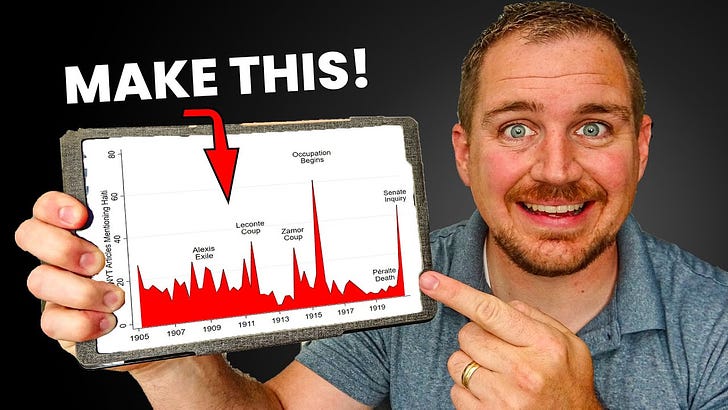Video game economics are Unreal
The best article I read this past week was by Matthew Ball about the economics of video games.
While many of you know Fortnite, you may not know that the company that owns it is called Epic Games. Furthermore, you may not know that Epic Games’ big moneymaker is its game engine, Unreal. Unreal is what brought us the amazingly realistic visuals in last year’s The Lion King (while the visuals were amazing…it didn’t quite work for the movie). Have you seen The Mandalorian? Almost every scene in that movie was filmed in a virtual environment created in Unreal.
Matthew Ball wrote a series of essays explaining the economics of Unreal. Here’s my favorite quote:
Today, however, most games aspire to work on as many platforms as possible - and to support cross-play between these platforms. What’s more, there are more platforms than ever…Developing on Unreal not only allows a publisher to focus more of its time on creative/production but also eliminates the worry about whether their game will work (and continue to work) well across all platforms and the enormous cost/burden of ensuring so.
Two reasons why this was so interesting. First, we see a division of labor that increases efficiency. Some people specialize in creating technology for designing games, others specialize in creating the games. Second, while we’re seeing competition across video game platforms has increased, competition in the technology that game designers use has decreased. It’s so interesting how markets interact.
The Federal Reserve
I listened to a great Planet Money podcast about what the Fed has done during coronavirus. What I loved most about it was the way it integrated economic history with what’s happening today. Listen to it for the warm fuzzies.
Summer Projects that Develop Skills
Have some spare time this Summer? Today’s video gives you five projects you can do to develop marketable skills over the summer.



